I just made a firebase cloud function :
exports.deleteAfterSevenDays = functions.https.onRequest((req, res) => {...
I deployed the function and got a function URL. When I request this url from my browser I get the following message :
"Error: Forbidden Your client does not have permission to get URL /200 from this server."
I have just updated to firebase Blaze plan because I thought there were limitations with Spark plan, but it still doesn't work.
In my firebase cloud function logs it is written "Function execution took 572 ms, finished with status code: 302".
My cron job "has been disabled automatically because of too many failed executions".
Do you see what's wrong?




